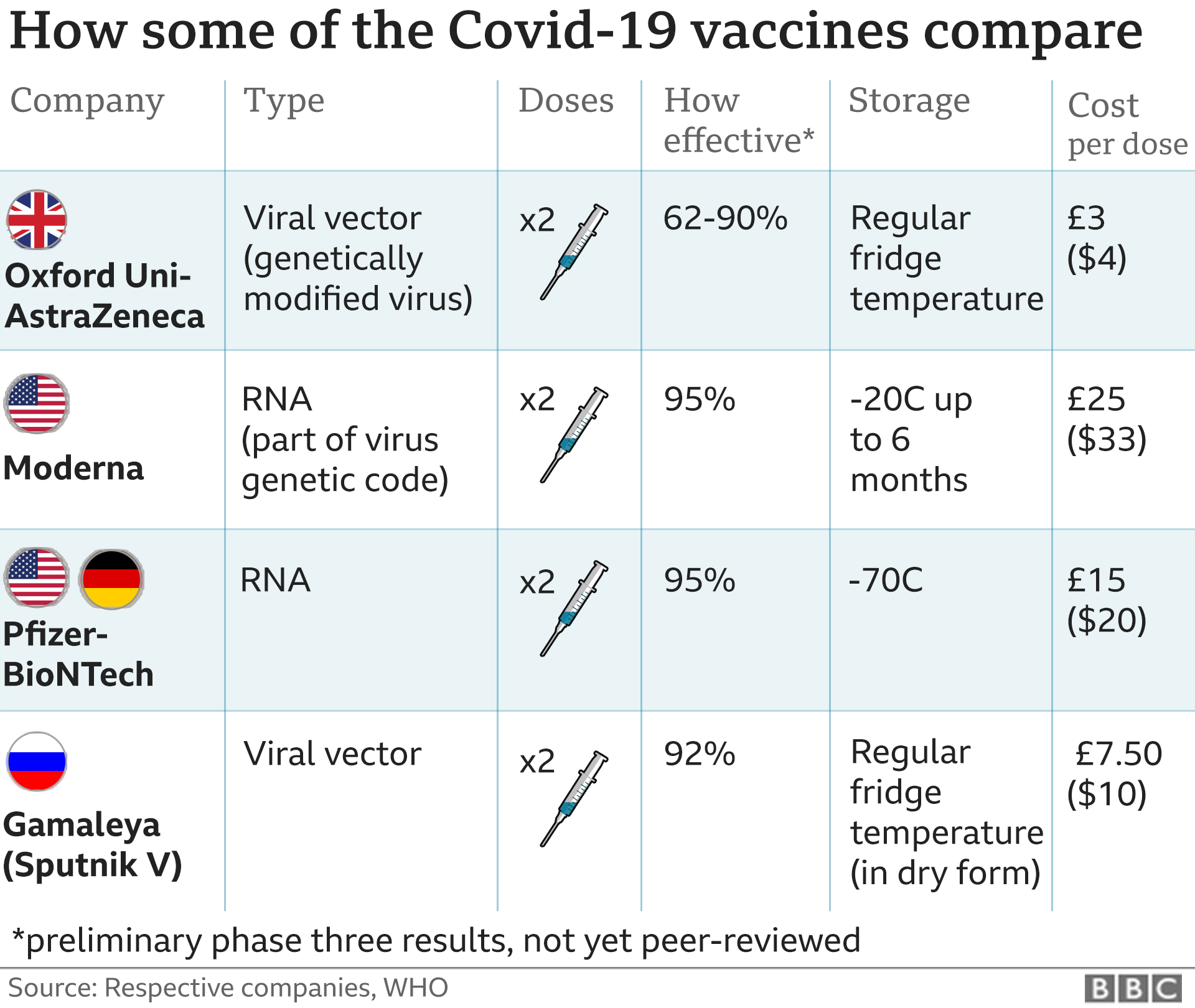
To sidestep skepticism, Russia employed social media influencers who appeared credible to citizens of Ukraine, Kazakhstan, and Georgia but who were working in Russia and translating their messages into the home languages of the three smaller countries, the report says. Nevertheless, Irwin adds, “The people of Eastern Europe and Central Asia are savvy enough to know that if they get Russian-based media content and it’s in the Russian language then maybe it’s not trustworthy or maybe it has aspects that can be found to be politically or economically leaning to the Russian point of view.” Second, in Ukraine specifically, then-newly-elected President Volodymyr Zelenskyy had dismissed several health ministers, citing charges of corruption which led to distrust in medical institutions.Īnd third, the mainstream media in the three countries isn’t as developed as in the Western world and isn’t accustomed to questioning authority, so it oftentimes regurgitates whatever information is fed to its reporters by official sources. “It was designed to increase these countries’ reliance on Russia, including supplies of vaccines.”Īnd that was easy to do for several reasons, the report says.įirst, many older medical professionals in Ukraine, Kazakhstan, and Georgia were trained decades ago in the Soviet Union and today rely on Russian-produced medical journals for information, seldom, if ever, receiving significant continuing education beyond their initial Soviet schooling. The pandemic disinformation campaign “was designed to weaken the public health institutions in the three countries we studied and weaken medical development, undermine trust in the public health responses, and disrupt delivery of medical care and vaccines,” says Irwin, who works in the sociology department in the College of Liberal Arts and Sciences. Russia wanted to sell its vaccines, while these three countries instead favored others, the report says, namely the AstraZeneca and Pfizer inoculations. This was in part because Ukraine was concentrating its vaccination efforts on military personnel responding to fighting in separatist regions, and information purveyors, many either financed by or with allegiance to Russia, sowed skepticism in the region by spreading untruths about the disease and vaccine – including that it was part of a microchipping effort or that folk treatments like eating copious amounts of garlic could keep illness at bay.

Only 12% of Ukrainians were vaccinated by September 2021. Centers for Disease Control and Prevention. The study, which was conducted from February to August last year, relied on in-country civilian volunteers, journalists, and medical professionals who logged their media consumption and submitted to in-depth interviews during a time when the pandemic raged and vaccines were shunned in the three countries.įor instance, by May 2021, the report says, only 428 Ukrainians had been fully vaccinated, a fraction of the total 44 million population – for comparison, by the same time 57% of Americans over 18 had received at least a single dose of vaccine, according to the U.S. Irwin was a consultant on a December report put out by The Critical Mass, “Contaminated Trust: Public Health Disinformation and its Societal Impacts in Georgia, Kazakhstan, and Ukraine,” that looked at the dissemination of Russian disinformation in Eastern Europe and Central Asia during the pandemic. Whether we’re in the United States, or England, or Argentina, Russian disinformation can be unleashed anywhere and at any time, on any issue on Earth that they choose.” Darrell Irwin on Feb.

Right now it’s neighboring countries, but it could be any country they choose.

“It’s deadly, and it’s directed through campaigns at countries. “ Russia’s investment in cyberwarfare is very significant, but it’s an asset that’s invisible,” Darrell Irwin, assistant professor in residence, says. The spread of disinformation in Ukraine started long before Russian troops invaded last month and went well beyond politics, a UConn sociologist says, beginning when the larger country implemented a media campaign to spread doubt about the COVID-19 vaccine and Ukraine’s pandemic response a year before it moved tanks across the border.


 0 kommentar(er)
0 kommentar(er)
